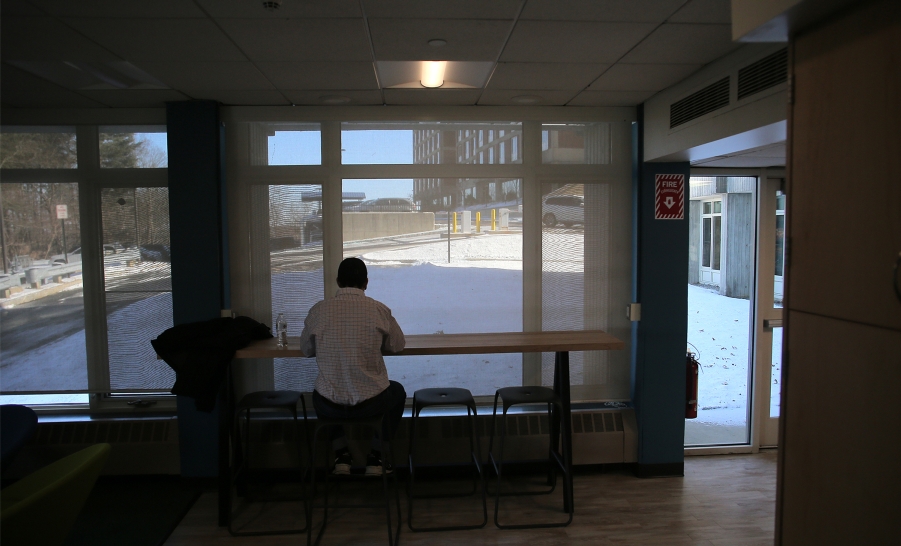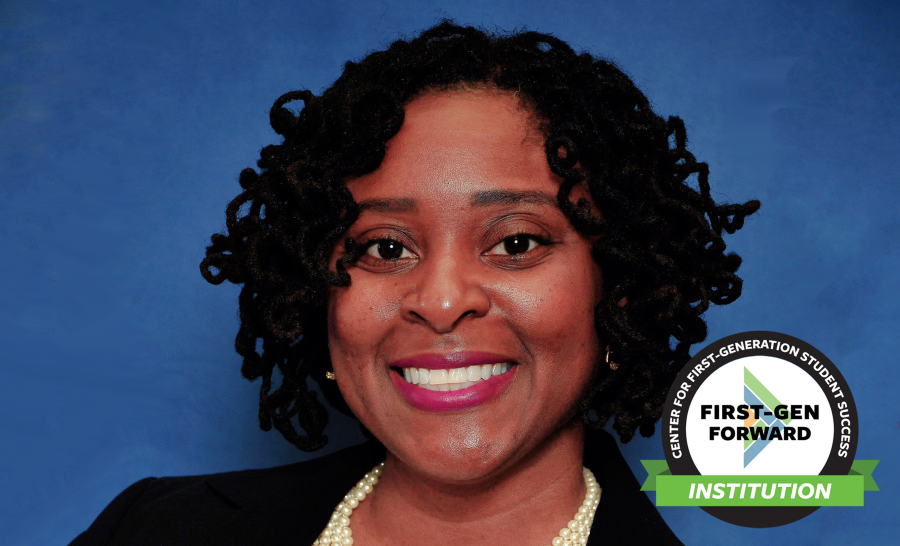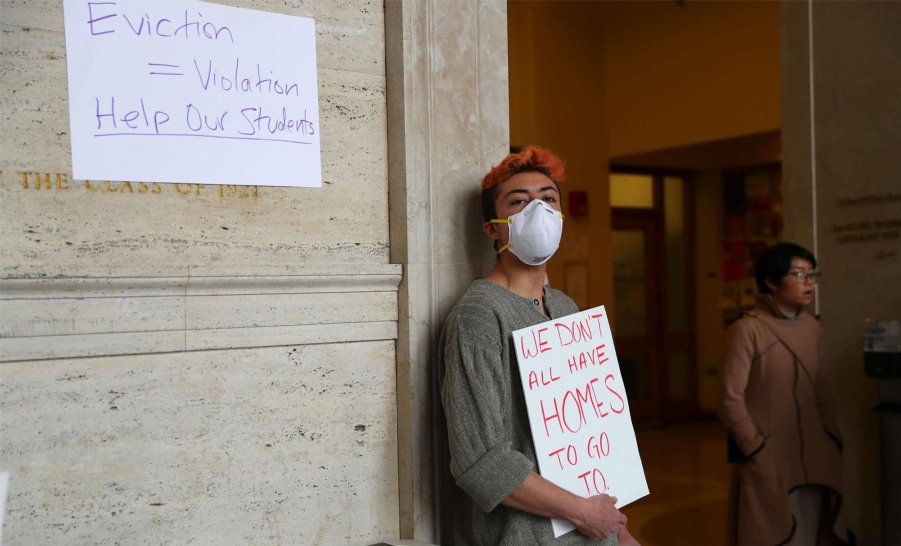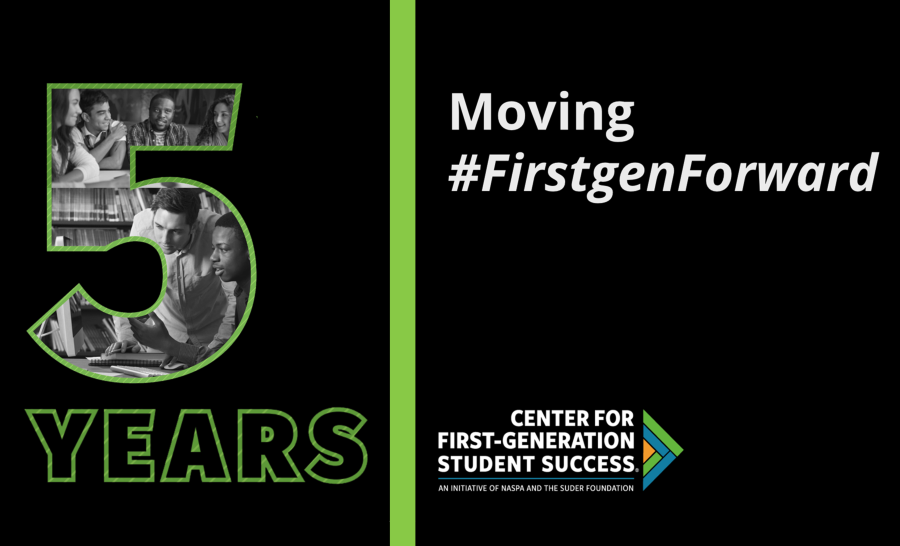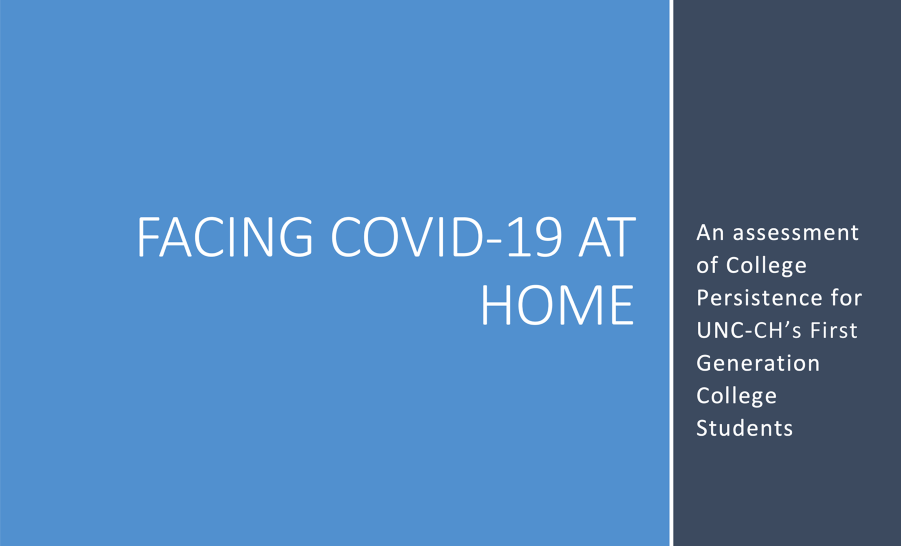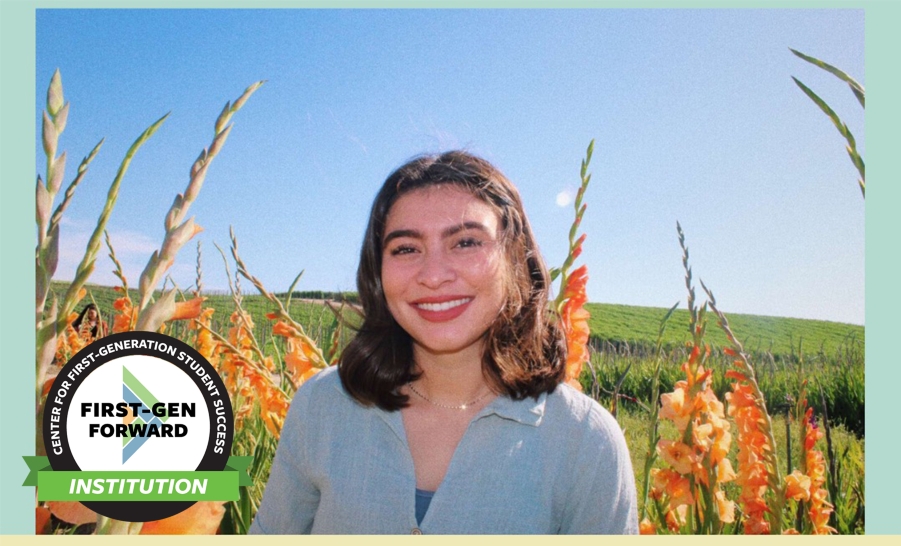A Look Back to Move Forward: Serving First-generation Students During a Worldwide Pandemic
V. Kaye Monk-Morgan Ed.D., Kansas Leadership Center / FirstGen Forward / April 24, 2020

Serving first-generation students is both an honor and a learning opportunity during “normal” times; serving first-generation students during a worldwide pandemic highlights strong efforts in place on a campus and exposes any areas of weakness. During the COVID-19 crisis, Wichita State University (WSU) found an unintended purpose for its First-Generation Coordinating Council (FGCC), and that was a great thing.
Unique Students, Unique Needs
With nearly 50% of all WSU students identifying as first-generation and many of those students representing post-traditional or returning adult students, WSU had several factors to consider while moving instruction online and supporting modified learning. Each of the decisions benefited from someone examining the issue from the lens of a first-generation student. The WSU FGCC’s structure, which permits the representation of many functional areas within the University, allowed for emphasis on the needs of this special population.
Members of the FGCC were also members of their respective college’s leadership teams, the University’s Pandemic Team, the Faculty and Unclassified senates, and, perhaps most importantly, the University Assessment Committee. These strategic placements, secured prior to the crisis, allowed access to University data and student survey responses as well as the opportunity to provide insight and comments on both. The FGCC was able to use this data to gain a better understanding of our students’ needs during the COVID-19 crisis.
While the provision or denial of each service could have helped or hurt any student, the impact in either case was greatest for those who identified as first-generation.
Data-Driven Approaches
The identification of student needs included both anecdotal and empirical data collection. Campus-wide surveys, quiet conversations with campus mentors, and other modes of communication were needed to create a more complete picture of the impact of our decisions. Our data revealed that though student needs were broad, we could place each into one of two categories: the need for financial or tangible resources or personal emotional support.
Students reported needs ranging from access to technology to access to reliable transportation. The former emerged from our campus’ shift to online instruction, while the latter resulted from students’ designation as essential workers in the COVID-19 economy. Many students reported struggling to balance home and parenting responsibilities while engaging in asynchronous learning experiences. Others reported that they missed their “people” and on-campus support systems.
WSU has taken several steps to address the needs reported by first-generation students. So far, the institution has:
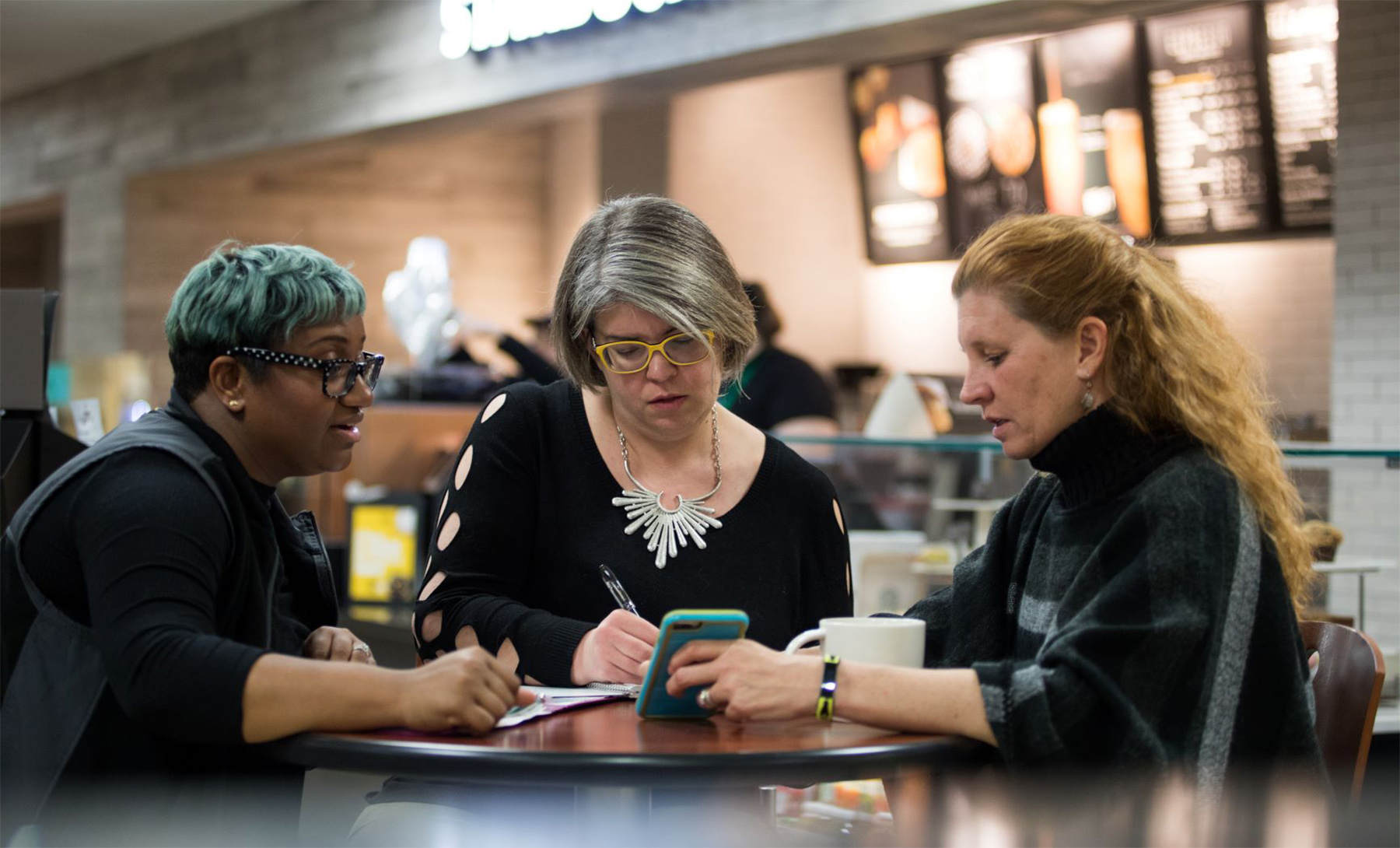
-
Purchased Chromebooks and Wi-Fi hotspots
-
Scheduled additional outreach via college Success Coaches
-
Modified the University’s grading system
-
Created a student emergency fund
-
Redesigned graduation
-
Prepared students for and supported them in the online learning environment
Each decision in our process had implications for student success, and while the provision or denial of each service could have helped or hurt any student, the impact in either case was greatest for those who identified as first-generation.
Moving Forward
In the coming weeks, the FGCC will work to compile our learned lessons, update our business continuity plans that were well-intended but off the mark, and conduct further research on student impacts. Planning for fall and student re-integration into campus will require even more energy, collaboration, and advocacy than our current situation did. Discussing councils like ours both on campus and in the broader higher education community has value, but one only feels the real value when one’s structure and engagement influence the University in a way that adds a layer of protection for the students who rely on one most.
